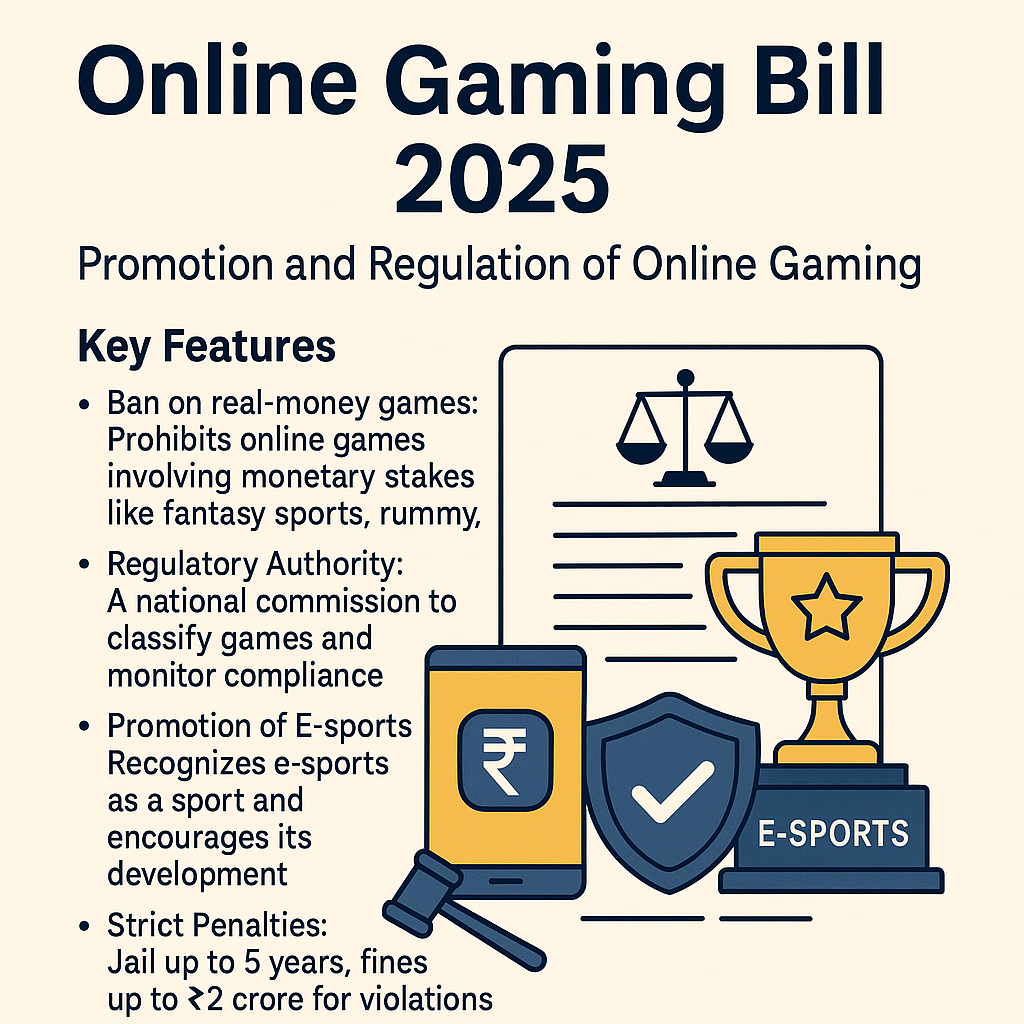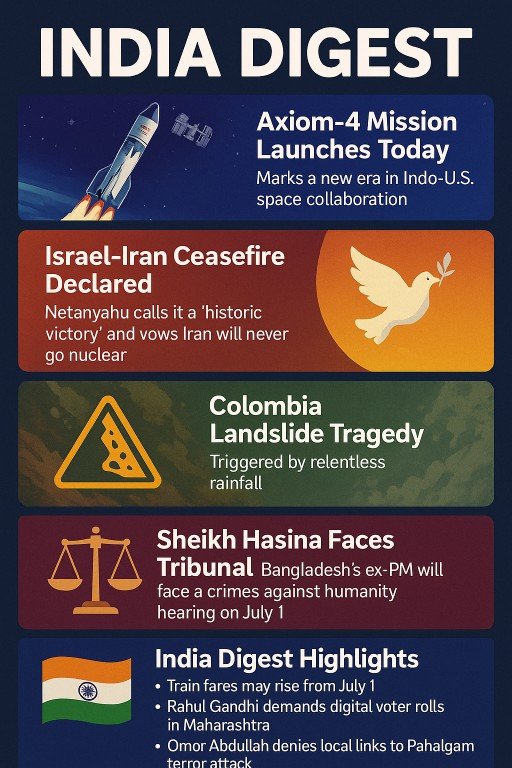Introduction
Operation Sindoor, launched by India in April 2025, marks a significant military response to cross-border terrorism, specifically targeting terror camps in Pakistan and Pakistan-occupied Kashmir (PoK) following the deadly Pahalgam attack. For IAS aspirants, understanding such events is crucial, as the UPSC Civil Services Examination frequently tests candidates’ grasp of current affairs, national security, and international relations. This article explores Operation Sindoor’s context and provides sample questions and answers tailored for the Prelims, Mains, and Interview stages to aid aspirants in their preparation.
Context of Operation Sindoor
On April 22, 2025, a terror attack in Pahalgam, Jammu & Kashmir, killed 25 Indians and one Nepali citizen, attributed to The Resistance Front (TRF), linked to Lashkar-e-Taiba. In response, India executed Operation Sindoor, a precise military offensive involving 24 precision strikes on nine terrorist camps—four in mainland Pakistan and five in PoK. The operation targeted groups like Jaish-e-Mohammed, Lashkar-e-Taiba, and Hizbul Mujahideen, aiming to neutralize terror infrastructure, deliver justice, and prevent future attacks. Conducted by the Indian Air Force in coordination with the Army, the strikes avoided violating Pakistan’s airspace, distinguishing it from previous operations like Uri (2016) and Pulwama (2019). The operation underscores India’s assertive stance on self-defense under international law and its strategic signaling in the region.
Relevance to IAS Exam
The UPSC exam tests candidates across multiple dimensions—knowledge, analytical ability, and personality. Topics like Operation Sindoor are relevant for:
- Prelims: Factual questions on locations, dates, and organizations involved.
- Mains: Descriptive questions on security policies, India’s foreign relations, and ethical dilemmas in military operations.
- Interview: Questions assessing critical thinking, awareness of geopolitical implications, and personal perspectives on national security.
Aspirants must stay updated through reliable sources like newspapers, government reports, and platforms like Insights on India and Rau’s IAS. Below are sample questions and model answers to illustrate how Operation Sindoor could appear in the exam.
Sample Questions and Answers
Prelims (Multiple Choice Questions)
Q1. Which of the following terrorist organizations was NOT targeted during Operation Sindoor in April 2025?
a) Lashkar-e-Taiba
b) Jaish-e-Mohammed
c) Hizbul Mujahideen
d) Al-Qaeda
Answer: d) Al-Qaeda
Explanation: Operation Sindoor targeted nine terror camps of Lashkar-e-Taiba, Jaish-e-Mohammed, and Hizbul Mujahideen in Pakistan and PoK, as confirmed by credible intelligence. Al-Qaeda was not mentioned in the operation’s scope.
Q2. Operation Sindoor was launched in response to a terror attack in which location?
a) Uri
b) Pulwama
c) Pahalgam
d) Mumbai
Answer: c) Pahalgam
Explanation: The operation was a response to the Pahalgam terror attack on April 22, 2025, which killed 26 civilians, marking it as a significant civilian-targeted attack since the 26/11 Mumbai attacks.
Mains (Descriptive Questions)
Q3. Discuss the strategic and geopolitical implications of Operation Sindoor for India’s national security and its relations with Pakistan. (250 words)
Model Answer:
Operation Sindoor, launched in April 2025, was a targeted military strike against terror camps in Pakistan and PoK, following the Pahalgam attack. Strategically, it neutralized immediate threats by destroying infrastructure of groups like Lashkar-e-Taiba and Jaish-e-Mohammed, reinforcing India’s zero-tolerance policy toward terrorism. The use of precision strikes without airspace violation showcased technological prowess and diplomatic caution, minimizing escalation risks.
Geopolitically, the operation strengthened India’s stance on self-defense under Article 51 of the UN Charter, signaling resolve to the international community. It pressured Pakistan to curb terror sponsorship, though it risked straining bilateral ties, already fragile post-Article 370 revocation. The operation’s timing, amid global focus on counter-terrorism, garnered tacit support from allies like the US, but drew criticism from China, complicating regional dynamics.
Internally, it boosted public confidence in India’s security apparatus but raised concerns about potential retaliation. The operation underscores the need for robust intelligence, diplomatic engagement, and de-escalation mechanisms. India must balance assertive actions with dialogue to prevent a broader conflict, while investing in counter-terrorism infrastructure and regional cooperation via platforms like SAARC. Operation Sindoor exemplifies India’s evolving security doctrine, prioritizing preemptive action while navigating complex geopolitical realities.
Q4. Evaluate the ethical considerations of conducting cross-border military operations like Operation Sindoor. How should an IAS officer approach such dilemmas in policy formulation? (150 words)
Model Answer:
Cross-border operations like Operation Sindoor raise ethical dilemmas balancing national security and international norms. On one hand, India’s right to self-defense against terrorism, as seen in the Pahalgam attack, justifies targeting terror camps to protect citizens. On the other, such actions risk civilian casualties, sovereignty violations, and escalation, potentially undermining global peace.
Ethically, operations must adhere to principles of proportionality and necessity, ensuring minimal collateral damage. Transparency in intelligence and diplomatic communication mitigates misperceptions. An IAS officer should advocate for policies integrating ethical frameworks—consulting legal experts, prioritizing non-military measures like sanctions, and fostering international consensus. Engaging stakeholders, including local communities, ensures inclusive decision-making. By aligning security imperatives with ethical governance, officers can uphold India’s moral credibility while safeguarding national interests, fostering trust in public administration.
Interview Questions
Q5. As an IAS officer, how would you address public concerns about the safety of citizens in Jammu & Kashmir following Operation Sindoor?
Model Answer:
As an IAS officer, I would prioritize transparent communication and proactive measures to address public concerns. First, I’d coordinate with local authorities to disseminate accurate information about Operation Sindoor’s objectives—neutralizing terror threats—via community meetings and media. Second, I’d strengthen security by enhancing police patrols, improving intelligence networks, and ensuring rapid response systems. Community engagement programs, like grievance redressal camps, would build trust. Additionally, I’d promote socio-economic development through skill training and infrastructure projects to counter radicalization. Collaborating with NGOs and local leaders would foster resilience. Regular updates on safety measures and diplomatic efforts to prevent escalation would reassure citizens, ensuring a balance between security and normalcy.
Q6. What are your views on the balance between military action and diplomacy in countering terrorism, given operations like Sindoor?
Model Answer:
Military actions like Operation Sindoor are necessary to neutralize imminent terror threats, as seen in the Pahalgam attack, but they must complement diplomacy for sustainable outcomes. Military strikes disrupt terror networks and deter future attacks, showcasing India’s resolve. However, they risk escalation and strained relations, as with Pakistan. Diplomacy, through backchannel talks, international pressure via forums like the UN, and cooperation with allies, addresses root causes like terror financing. A balanced approach involves precise, intelligence-driven operations paired with dialogue to de-escalate tensions and promote regional stability. Long-term, investing in development and counter-radicalization programs strengthens resilience. Both tools are interdependent for effective counter-terrorism.
Conclusion
Operation Sindoor is a landmark event that IAS aspirants must study for its strategic, geopolitical, and ethical dimensions. By practicing questions across Prelims, Mains, and Interview stages, candidates can develop the analytical and communicative skills UPSC demands. Stay updated, engage in mock interviews, and approach such topics with clarity and balance to excel in the Civil Services Examination. All the best!


